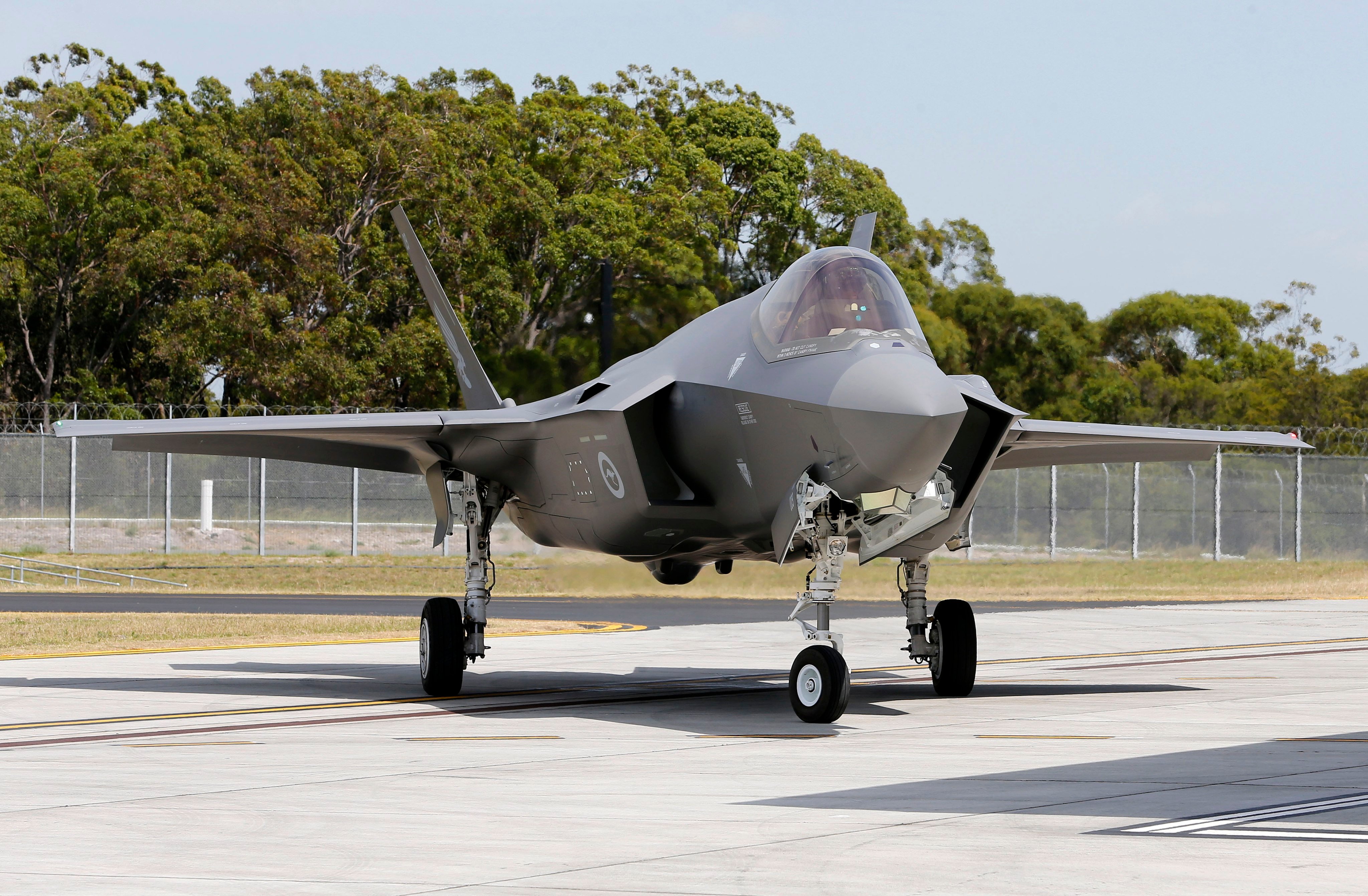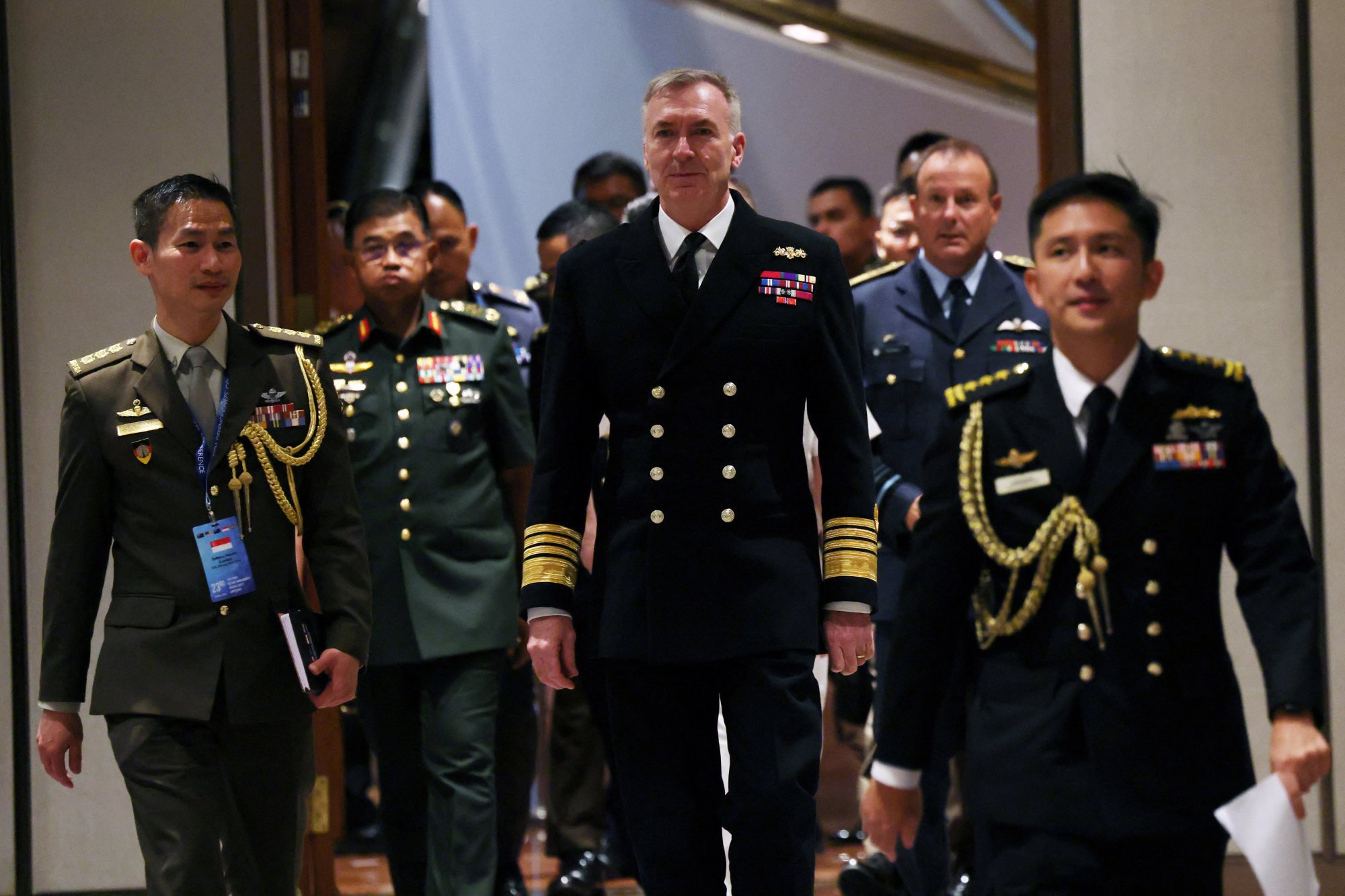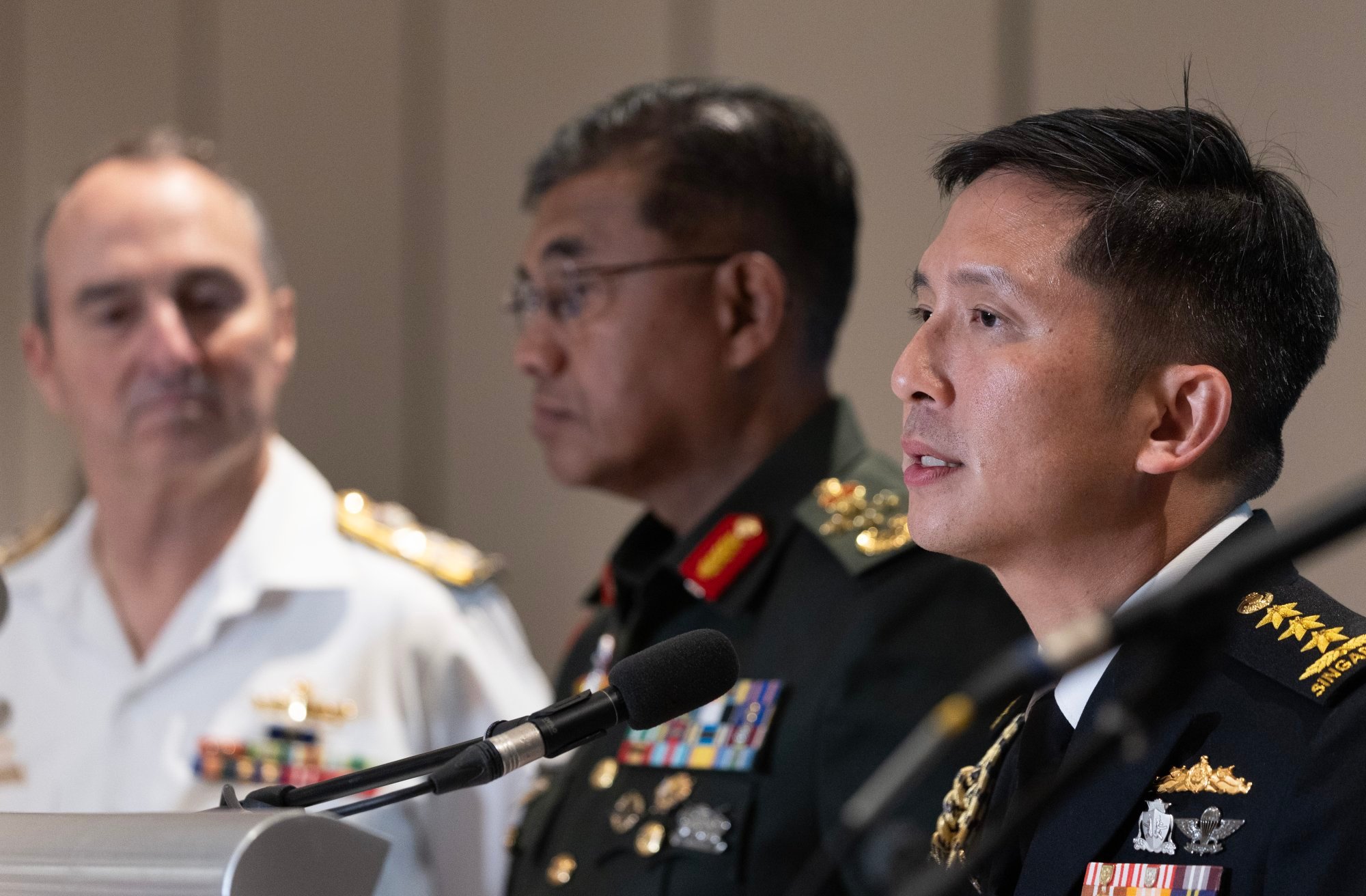UK carrier joins Australia’s F-35s for Five Power Defence drills
The inclusion of Australia’s F-35s and a UK carrier in this year’s Five Power Defence Arrangements is expected to enhance regional defence readiness

Australia’s stealth fighter jets and a British aircraft carrier will take part in the major warfighting exercise of the Five Power Defence Arrangements (FPDA) later this year, defence chiefs from the five-nation pact said on Thursday, as the group aims to enhance its preparedness in an increasingly competitive region.
The annual Exercise Bersama Lima will showcase “a range of high-end, war-fighting exercises” and involve “advanced assets such as the F-35s from the Australian Air Force as well as the UK aircraft carrier,” said vice-admiral Aaron Beng, Singapore’s defence chief, after chairing a conference of defence chiefs from the five countries.
Established in 1971 following Britain’s military withdrawal from east of the Suez Canal, the FPDA, the world’s second-oldest military pact, comprises Australia, Malaysia, New Zealand, Singapore, and the UK. Its original purpose was to help defend former colonies Malaysia and Singapore during a period of regional instability, and its members are obliged to consult each other in the event of an armed attack.
Beng’s Australian counterpart, Admiral David Johnston, called the F-35s a core capability of Australia’s defence and welcomed opportunities for collaborative training to strengthen relationships.
“In part, some of the capabilities change, but it’s equally important that the people who are the core of those capabilities continue to come into the region and be part of the training environment,” said Johnston.
Chief of the Defence Staff of the United Kingdom Admiral Tony Radakin said that the last time a UK aircraft carrier was involved in an FPDA exercise was in 1997.

“Part of the importance of the FPDA and its elegance is the five nations and the longevity and the continued commitment … And then it’s also the fact that we morph, and we adjust to the security needs of that time,” he said.
Asked about the United States’ influence in the region and how the pact could maintain regional stability, Beng said that there has not been a significant adjustment to the military presence, but maintaining interoperability through exercises is crucial for addressing future challenges.
Johnston argued that stability would be maintained through minilateralism and multilateralism like the FPDA, making it “as relevant today as it has ever been in its 54-year history”.
Beng pointed out that the pact also remains relevant by adapting to new capabilities and evolving security threats, such as underwater infrastructure and maritime security.
Asked about risks to undersea cables and infrastructure, Beng said that the fast-evolving issue was a key topic of discussion, since there is a lot of underwater infrastructure in Asia. As with all emerging threats, the nations would look at capabilities and concerns of each nation and evolve to meet the challenge, Beng said.
“Through today’s meeting, it was evident that there is a strong sense of consensus and unity among the various defence chiefs about the directionality of the FPDA,” Beng said. “This was also a valuable opportunity for us to exchange views and perspectives on future enhancements to this grouping.”

The defence chiefs’ conference comes as military, and defence officials gather in Singapore ahead of the annual Shangri-La Dialogue, Asia’s premier defence summit, which will be held from Friday to Sunday.
French President Emmanuel Macron will deliver a keynote speech on Friday, while US Defence Secretary Pete Hegseth is scheduled to speak on Saturday.
China has decided not to send Defence Minister Dong Jun to the dialogue, marking a departure from its recent practice of high-level representation at the annual forum. Instead, the Chinese defence ministry announced on Thursday that it will send a delegation from the People’s Liberation Army National Defence University.